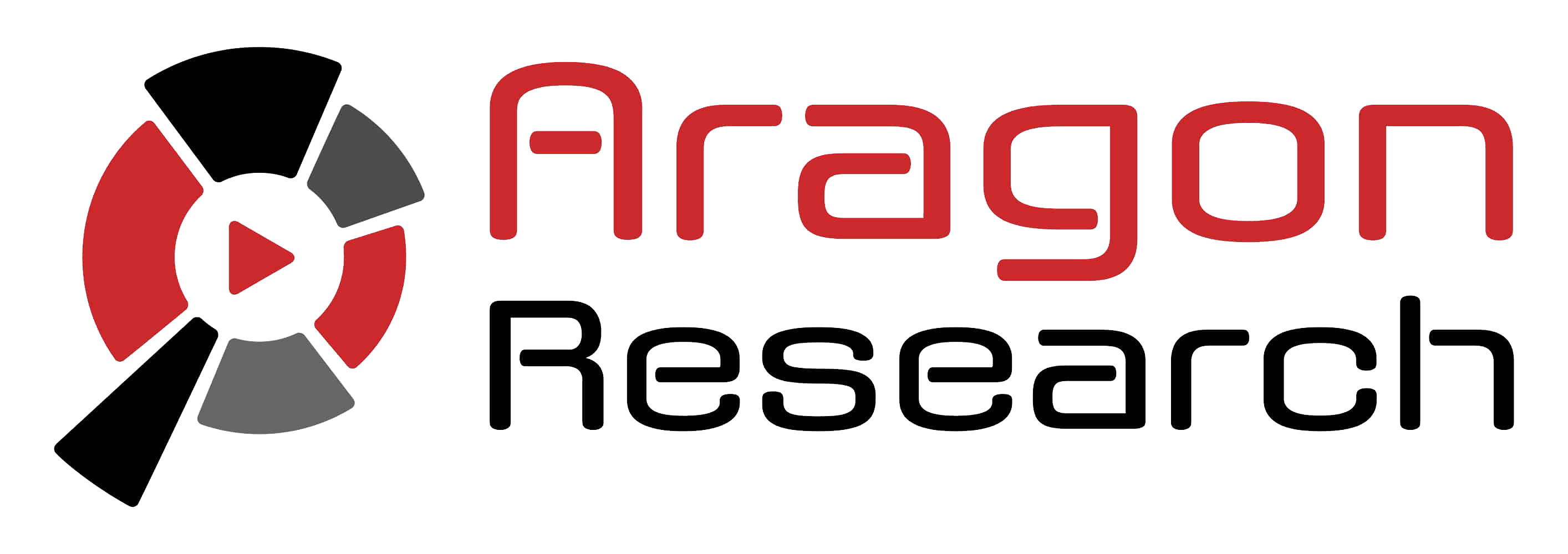![]() By Henry Truc. Originally published on Equities.com.
By Henry Truc. Originally published on Equities.com.
It seems nearly impossible to quantify how big the email industry has gotten. As the most prevalent form of digital communication today, especially with regards to business and professional matters in our day-to-day lives, it’s really easy to take email for granted. According to The Radicati Group, it’s estimated that over 200 billion emails are exchanged per day—that’s right, per day—through 4 billion-plus accounts globally. Business emails account for well over half those figures, and that’s only trending higher.
As consumers are using email less, instead opting for texting and messaging apps, business use of email continues to rise. While that trend isn’t necessarily surprising, given that messaging apps have soared in popularity in recent years, it has created a dynamic in which email is the unquestioned medium for things that really matter, making it fertile ground for major pitfalls without proper precautionary systems in place.
“If we look at the marketplace for electronic communications today, it is really undergoing a transformation,” said Zafar Khan, CEO of leading email solutions provider RPost®. “What’s happening is a lot of the casual correspondence is moving off of email to SMS and other short messaging services, leaving email with the more consequential messages. Today, there is a higher percentage of consequential messages going by email … and with that you have the issues around who said what, when, and the issues around protecting that information from eavesdroppers or from the more innovative hackers in the market today.”
Confirmation of delivery and security are without a doubt the two most critical areas when it comes to email communication. RPost, which specializes in three primary areas for the email market through its all-in-one RMail service: e-delivery proof, email encryption and e-signatures, gets that better than anyone.
HIGH PROFILE CONTROVERSIES BRING NEW AWARENESS
As we’ve seen in recent years from several high-profile incidents like the Sony Pictures and JPMorgan hacks, and even from Democratic presidential candidate Hillary Clinton’s email controversy, issues arising from the mishandling of email data can be catastrophic for businesses of all sizes. The Sony hack cost studio head Amy Pascal her prestigious job, the JPMorgan data breach compromised as many as 83 million accounts, and the former Secretary of State’s secret emails have plagued her run at the Oval Office.
Yet, as essential as email has become in today’s business world, much of the way professionals use this form of communication has largely gone unchanged for decades. The innovation and adoption rate has, for the most part, not reflected the evolving needs of the users.
“There are so many pitfalls [to handling email] that it’s hard to even imagine,” said Greg Melia, CEO of Melia Advisory Group, which manages over $65 million in assets and uses RMail services. “Number one, there’s the client liability issue that could lead to litigation. Second, there’s regulatory issues, which nobody wants. Then there’s the reputation of your firm being damaged because you didn’t protect the privacy of your clients. So to me those are all big-ticket items as to why you really need to be very careful out there. Our firm handles tax documents, estate documents and other financial documents, so it really exposes us to those three issues. So anything we can do to eliminate that is very helpful in what we want to do.”
ENCRYPTION AND SECURITY ON THE RISE
For the most part, there’s certainly a higher level of urgency and awareness around the need for encryption and security in more recent years. New regulations and compliance requirements are increasingly being put in place to protect investors, and many financial firms are doing their best to stay ahead of the curve.
“The ability to track your records is so important for a financial advisor because as an RIA, the SEC can come in and audit my records and ask me to produce all the information and communication I had with my clients,” said David Hamer, President and Owner of Integrity Asset Management, which provides asset management and financial planning services to individual investors. “So I need to keep track of that, and a service like RMail allows me to track when communication was delivered to and received by the client. I can show that I’m using email encryption services so the clients’ information is protected, which is something you also have to present to regulators to show that you are doing everything you can to protect the clients’ confidential information. Obviously, you’re dealing with very sensitive information and you have to protect that to the best of your abilities.”
Khan points out that Registered Receipt™ records of communications also go a long way to help prevent and detect fraud, adding that printed emails can easily be doctored and it can otherwise be nearly impossible to identify electronic originals. Even more nefarious are hackers using proven methods to phish unsuspecting investors to gain access to accounts or redirect funds entirely.
IMPORTANCE OF REGISTERED EMAIL™ TECHNOLOGY
“The stakes are very, very high,” said Wes Stillman, founder of Right Size Solutions, which provides IT support and cloud application hosting services for the financial industry. “RIAs have access to a wide variety of accounts and information, as well as control over those accounts. So you’re not only protecting private information such as social security numbers and things of that nature, but the access to these accounts are truly the key. If someone gained access to one of the custodian and/or trading accounts, as an example, all kinds of havoc could be wreaked across their portfolio. It’s becoming very sophisticated and very targeted. Once a criminal has targeted an organization, they’re going to pound that organization until they find out how to get into the system that they want.”
Right Size, which serves RIAs in the range of $300 million and up, teamed up with RPost to begin offering the RMail solutions to its clients about three years ago. “When we first started, we sent out a lot of communication and less than 5% of our clients responded,” Stillman said. “Today, we’re close to 80% adoption for clients using RMail in a very short amount of time. There is a growing awareness of communication even from the RIA’s employees. You may have processes and policies in place for all your employees to follow, but not everybody remembers to do that with every email and every communication. So this is just a safe, secure way to do this.”
Find More: Free Encrypted Emails
The importance of receipt tracking and communication archiving is often taken for granted, but something as simple as keeping track of who said what and when, and whether or not an email was actually received or got stuck somewhere en route are still very common issues even to this day. Part of the compliance issues that financial firms run into is accurate archiving of financial data and client communication. But, an archive of what you claim to have sent is an incomplete record – Registered Email technology provides the verifiable record of what was sent and in fact received, and precisely when. RMail services are built upon this Registered Email technology. So for more substantive and time-sensitive email communication—often times with valuable information and documents involved—confirmed records of when and what was actually received by the recipient can make all the difference in the world, particularly if any dispute arises in the future.
THE SOLUTION IS SIMPLE
But financial firms needing to stay in compliance of stringent data security and archival requirements set by numerous regulatory agencies face a tough balancing act. Adding layers to any process, especially those involving unfamiliar or burdensome technology raises a host of other challenges.
“With RMail, we made sure that it operates in line with how you’re already doing email,” Khan said. “We have plugins for Gmail, Outlook, iPad, and others, so it runs natively within your existing email environment. People don’t have to go to a third-party website, upload files and documents and the receivers don’t need to go through hoops and hurdles to retrieve. It runs in line and doesn’t change the beautiful ubiquity of the way email operates.”
It’s something that most successful tech companies understand. Bottom line, the technology has to be simple or people won’t use it, and that can make all the difference in the world.
“The most important thing is the concept of simplicity,” Khan said. “If it’s not simple, if it introduces even a tiny bit of complexity, then the system may be circumvented. The systems won’t be used, and as a result, you have risk. If it’s not simple enough, no matter how secure it is, it just won’t be used. So it’s really about product design and making sure that you don’t lose sight of the need for simplicity alongside the need for adequate security. For us, the need for simplicity always has to be on top.”

February 19, 2026

February 12, 2026

February 06, 2026

January 16, 2026

December 10, 2025